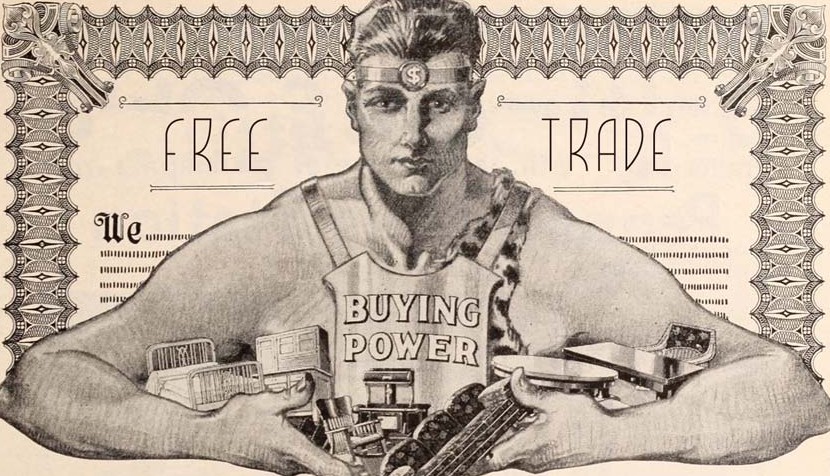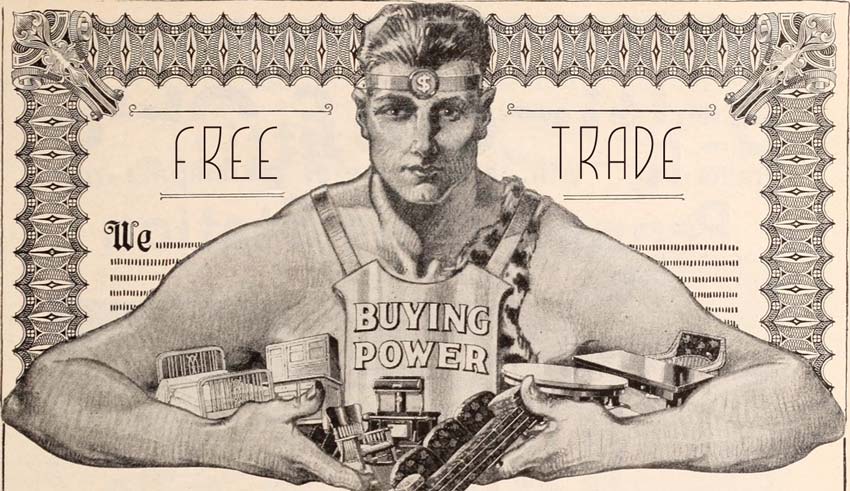“Paul,” an old boss of mine used to say, “there are no set prices.”
He meant that when a vendor said it would cost x, my choice wasn’t just yes or no. Negotiate. I could say, “Boy, I’d sure like that, but golly, I can’t afford to pay x. Any chance you’d consider 4/5ths of x?”
It was amazing how often I bought what was priced at x for less than x.*
Consider government waste — from the Pentagon’s $400 hammers to millions in cost overruns for weapons systems. Politicians pay lip service to getting waste under control, but actually do something about it?
Yeah, right.
That’s why I took notice last December when then President-Elect Trump tweeted “Cancel order!” in response to the high price of a future Air Force One from Boeing. Then, Trump sent Lockheed stock down 3 percent with another tweet:
Based on the tremendous cost and cost overruns of the Lockheed Martin F-35, I have asked Boeing to price-out a comparable F-18 Super Hornet!
“Mr. Trump . . . would like to squeeze Lockheed for a better deal . . .” the New York Times explained, adding that Trump had “sent shock waves through the military industry.”
Sen. Richard Blumenthal from Connecticut, where the F-35’s engines are manufactured, responded, “The suggestion that costs are out of control is just plain wrong.”
Well, last week, CNN reported that, “Defense giant Lockheed Martin has agreed to sell 90 new F-35 fighter jets to the US Defense Department . . . a deal that amounts to more than $700 million in savings over the last batch of aircraft delivered.”
There are no set prices.
This is Common Sense. I’m skinflint Paul Jacob.
* Even when a vendor wouldn’t budge on price, I could always call back a day later and say I’d finagled a way to afford it. Even then, the message that cost mattered likely started any future negotiations from a better position.


5 replies on “No Set Prices?”
Not sure ramping up the MIC with cheaper WMDs is a positive development. 9/11 is the 16 year-old Big Lie that fuels the expensive Ziocon Empire. Big News: Nation of Islam is one large social movement that’s willing to get to the truth: http://brianrwright.com/911_Detroit_NOI.pdf.
As I think you know, Brian, the point of this commentary isn’t the desperate need for more F-35s to better police the world. It is to celebrate someone in the federal government finally looking to save money by buying stuff for less — or, at least, trying.
We can of course debate what should be purchased and what should not. But spending more hardly seems a good strategy for anything.
We can also debate how whatever is purchased should be used….
Indeed.
I remember being stunned as a young man when an oral surgeon gave me a quote for pulling my wisdom teeth, and when I said “That’s way more than I expected and they’re not giving me any trouble, so I’ll pass,” came back with “Let’s negotiate.” He cut the fee nearly in half and I decided maybe the teeth should go after all. That opened my eyes to Paul’s point: at least when dealing with the owner of a business, not a flunky with no authority to negotiate, everything is open.